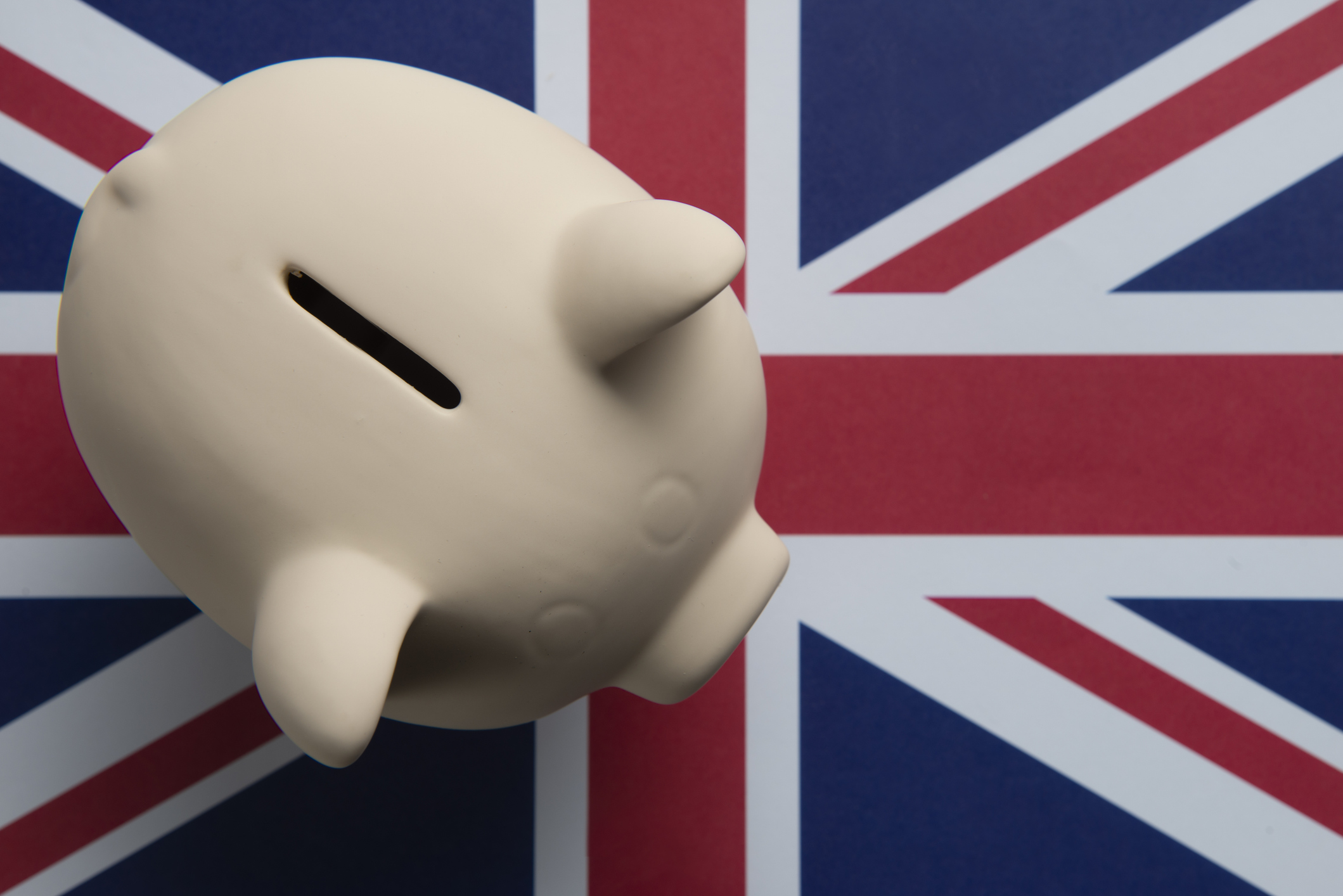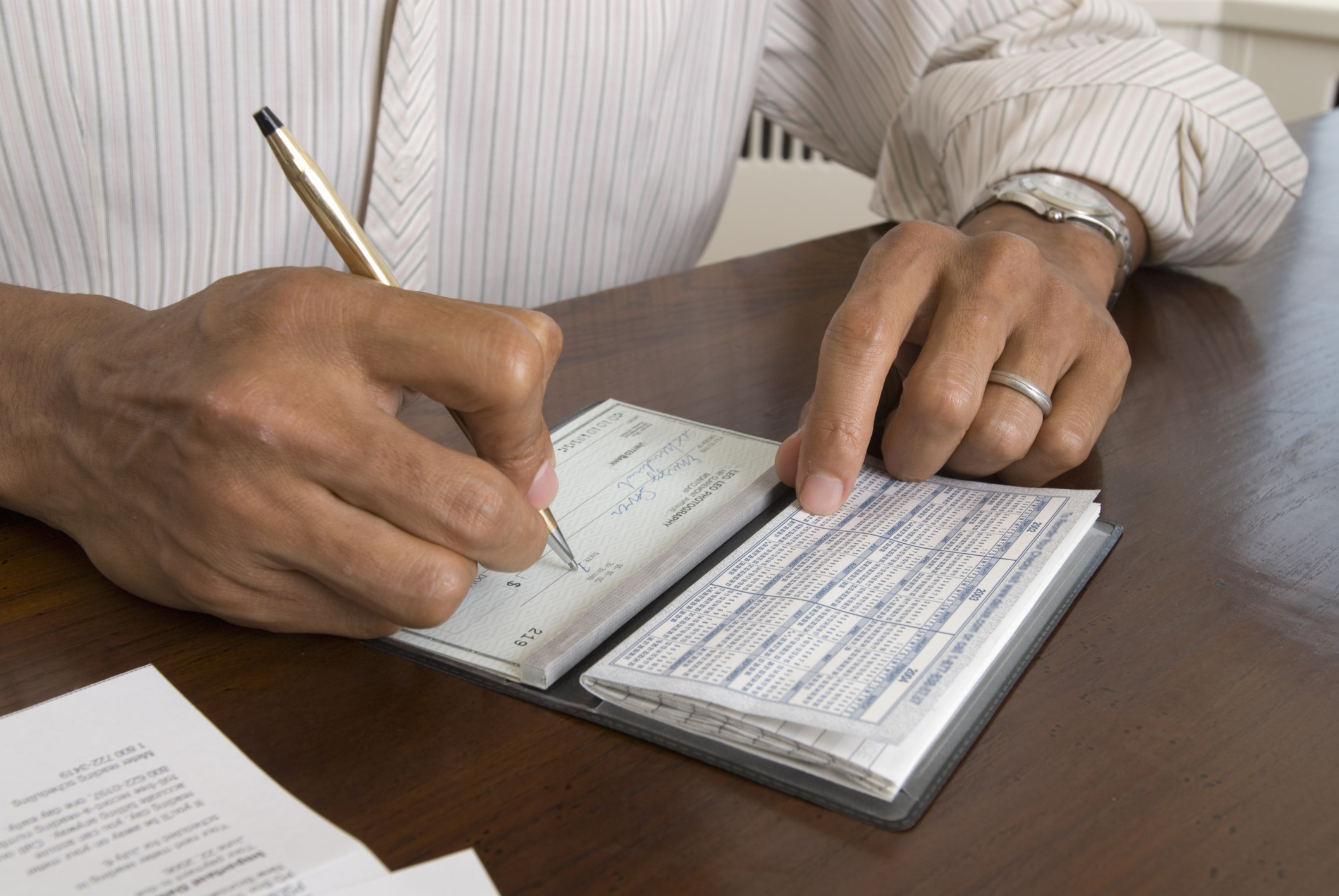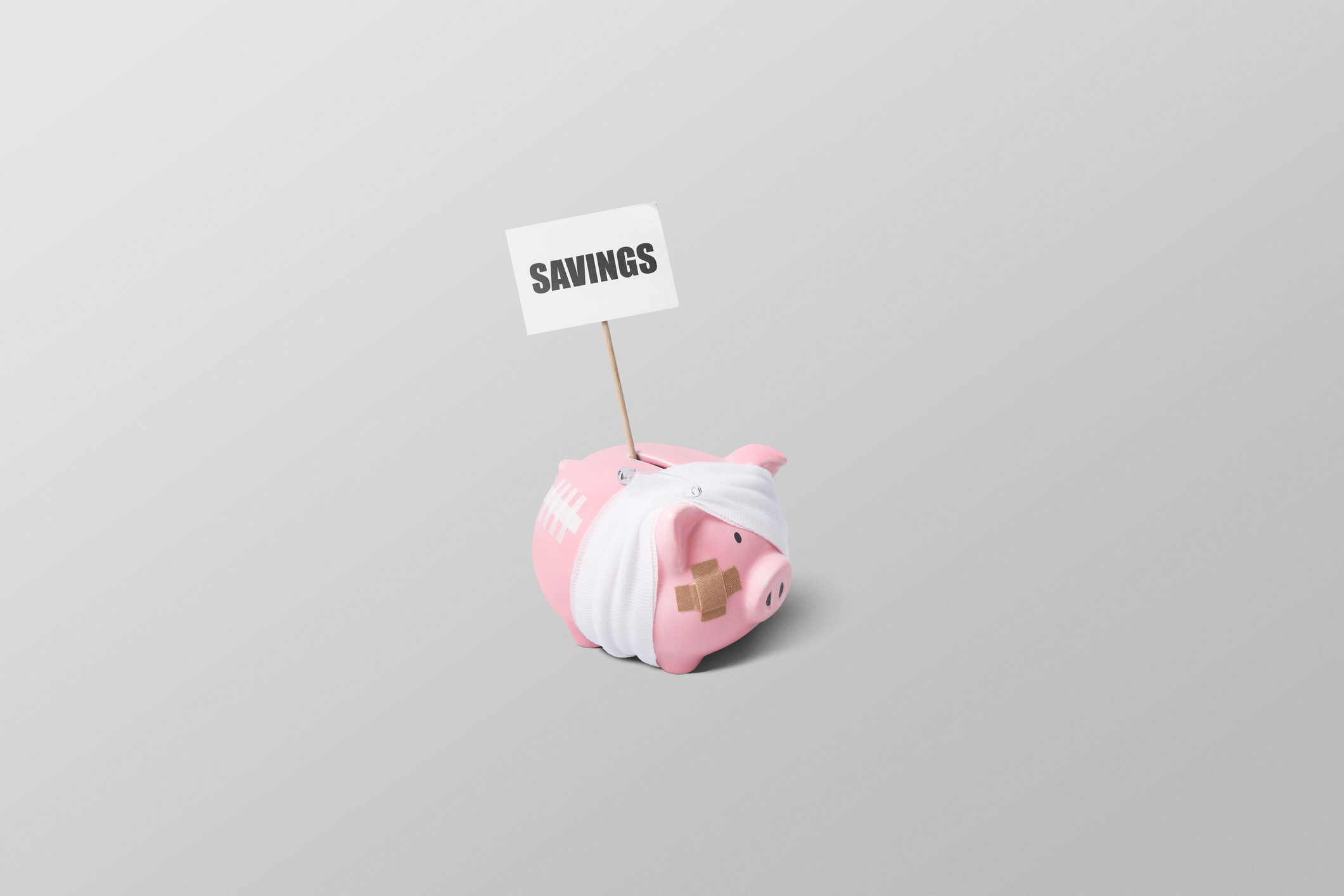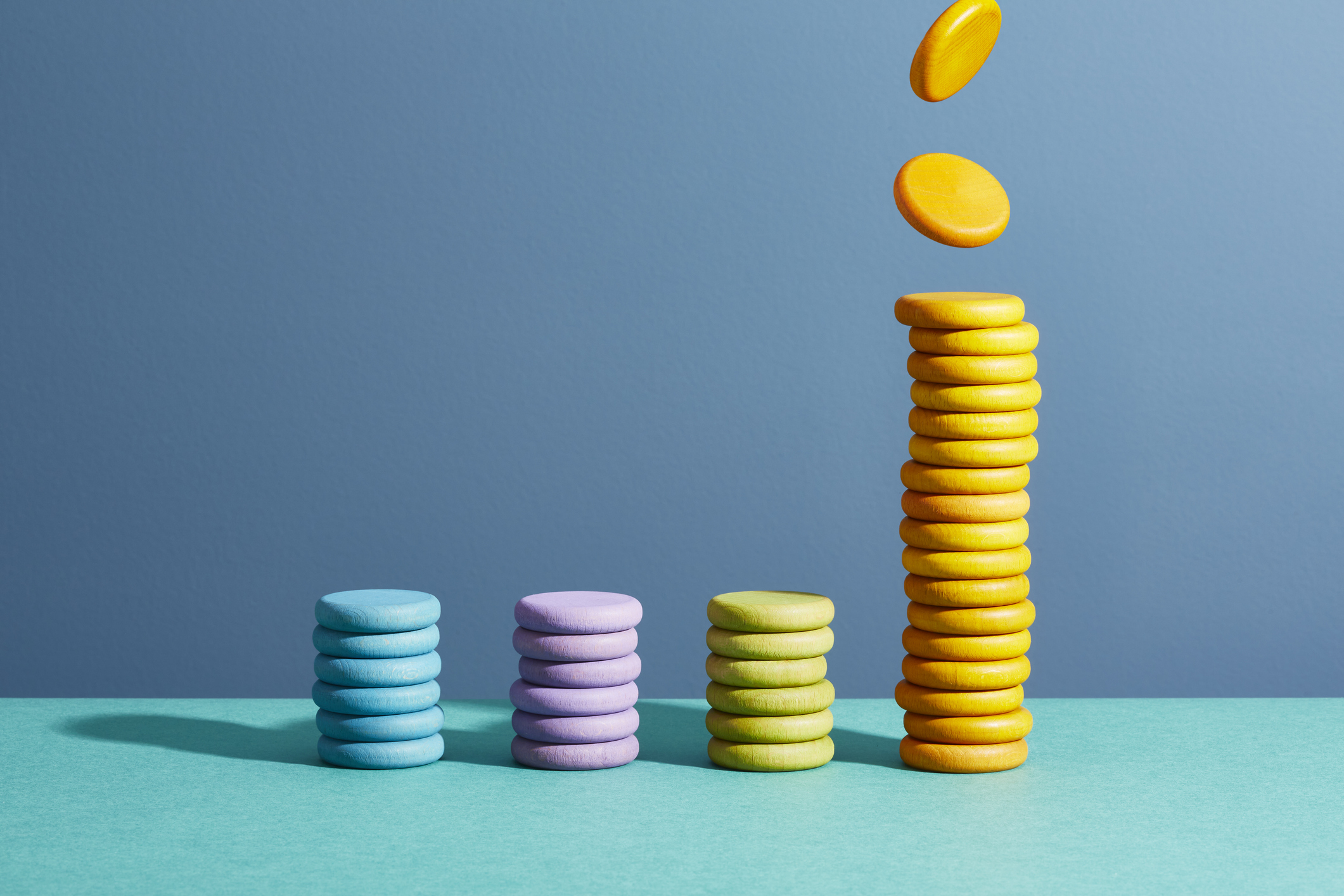Best inflation-beating savings accounts to make your money work hard
Inflation rose in December, but is forecast to fall in 2026. We list some of the top savings accounts in terms of rates, where your money will grow in real terms.


Get the latest financial news, insights and expert analysis from our award-winning MoneyWeek team, to help you understand what really matters when it comes to your finances.
You are now subscribed
Your newsletter sign-up was successful
Want to add more newsletters?

Twice daily
MoneyWeek
Get the latest financial news, insights and expert analysis from our award-winning MoneyWeek team, to help you understand what really matters when it comes to your finances.

Four times a week
Look After My Bills
Sign up to our free money-saving newsletter, filled with the latest news and expert advice to help you find the best tips and deals for managing your bills. Start saving today!
Inflation rose to 3.4% in the 12 months to December, according to the latest data from the Office for National Statistics (ONS).
The month-on-month 0.2 percentage point rise was in line with analyst expectations as the Christmas period pushed some prices up.
In particular, the ONS said the price of airfares were likely inflated as more people travelled over the festive season. Overall transport inflation rose to 4% in December, a rise from 3.7% in November.
MoneyWeek
Subscribe to MoneyWeek today and get your first six magazine issues absolutely FREE

Sign up to Money Morning
Don't miss the latest investment and personal finances news, market analysis, plus money-saving tips with our free twice-daily newsletter
Don't miss the latest investment and personal finances news, market analysis, plus money-saving tips with our free twice-daily newsletter
An increase to tobacco duty also helped fuel the rise in inflation as alcohol and tobacco prices rose by 5.2% in the 12 months to December – a sharp increase from 4% in the 12 months to November.
Most forecasters believe December’s rise will be an outlier, and inflation will continue to fall closer to the Bank of England’s 2% target throughout 2026.
Rising inflation means your money is slowly losing value in real terms. One way to combat this is to put your cash into an inflation-beating savings account.
The latest data from Moneyfacts shows the average interest rate for a savings account is 3.33%, 0.07 percentage points below December’s level of inflation.
In order to beat inflation, your savings account must have an interest rate that is higher than the current level of inflation.
For example, if you put your money away into a saver with an interest rate of 4% in December 2024, your money will have grown by 0.6% in real terms by December 2025.
But if you put the same money into an account that paid 3%, the value of your money will have shrunk in real terms during the same period.
There are currently 1,406 savings accounts on the market that beat inflation, made up of 116 easy-access accounts, 130 notice accounts, 95 cash ISAs, 352 fixed rate ISAs and 713 fixed rate accounts, according to Moneyfacts.
The top easy-access savings account on the market right now is Chase’s Saver With Boosted Rate, which pays an interest rate of 4.5%, inclusive of a 2.23% boost for 12 months. It beats inflation by 1.1 percentage points.
To get the deal, you must be a new Chase current account customer and open the saver within 31 days of opening your account. You can put a maximum of £3 million into the savings account with withdrawals allowed.
Be aware that the 2.23% boost will expire after 12 months, meaning your interest rate will tumble down to just 2.27% after a year.
Caitlyn Eastell, personal finance analyst at Moneyfacts, said: “Inflation is set to fall this year, reaching its target around mid-2026. This will be promising news for savers’ returns as they could grow in ‘real’ value.
“However, pair this with tumbling savings rates and savers may find themselves in a similar situation where their accounts are struggling to keep pace.”
With that in mind, we look at the best savings accounts currently on the market which can help you beat inflation.
The below accounts are the best on the market for someone saving £10,000 and are all FSCS-protected, according to Moneyfacts.
Which are the best savings accounts to beat inflation?
Best easy-access savings accounts
Chase Saver With Boosted Rate | 4.5% | Rate includes 2.23% bonus for 12 months |
Mansfield BS Triple Access Bonus Saver | 4.25% | Rate includes 1.00% bonus for 12 months |
Sidekick Multi Shield | 4.23% | Rate includes 1.00% bonus for 6 months from £10,000 to £120,000. |
Manchester BS Rainy Day Saver | 4.15% | Maximum investment £1,000,000 |
Best easy-access cash ISAs
Trading 212 Cash ISA | 4.33% | Rate includes 0.73% bonus for 12 months |
Moneybox Cash ISA | 4.32% | Rate includes 0.84% bonus for 12 months |
Plum Cash ISA | 4.32% | Rate includes 1.76% bonus for 12 months |
Atom Bank Easy Access Cash ISA | 4.25% | Maximum investment £20,000 each tax year. No overall maximum. |
Best one-year fixed savings accounts
Marcus by Goldman Sachs | 4.55% |
OakNorth Bank Meteor Savings | 4.35% |
AlRayan Bank Raisin UK | 4.32% |
Best one-year fixed cash ISAs
AlRayan Bank Meteor Savings | 4.2% |
Shawbrook Bank | 4.14% |
Investec Save | 4.12% |
Get the latest financial news, insights and expert analysis from our award-winning MoneyWeek team, to help you understand what really matters when it comes to your finances.

Daniel is a financial journalist at MoneyWeek, writing about personal finance, economics, property, politics, and investing.
He covers savings, political news and enjoys translating economic data into simple English, and explaining what it means for your wallet.
Daniel joined MoneyWeek in January 2025. He previously worked at The Economist in their Audience team and read history at Emmanuel College, Cambridge, specialising in the history of political thought.
In his free time, he likes reading, walking around Hampstead Heath, and cooking overambitious meals.
-
 Last chance to invest in VCTs? Here's what you need to know
Last chance to invest in VCTs? Here's what you need to knowInvestors have pumped millions more into Venture Capital Trusts (VCTS) so far this tax year, but time is running out to take advantage of tax perks from them.
-
 ISA quiz: How much do you know about the tax wrapper?
ISA quiz: How much do you know about the tax wrapper?Quiz One of the most efficient ways to keep your savings or investments free from tax is by putting them in an Individual Savings Account (ISA). How much do you know about ISAs?
-
 Brits leave £31.6 billion in savings accounts paying 1% interest or less – do you need to switch?
Brits leave £31.6 billion in savings accounts paying 1% interest or less – do you need to switch?Eight million Brits hold money in savings accounts that pay 1% interest or less, meaning the value of their cash is being eroded by inflation.
-
 Buying vs renting: is is better to own or rent your home?
Buying vs renting: is is better to own or rent your home?The higher mortgage rates of recent years have actually made renting comparatively cheaper, analysis suggests. But there are hidden costs to long term renting.
-
 Hargreaves Lansdown launches first cash ISA – how does it compare?
Hargreaves Lansdown launches first cash ISA – how does it compare?Hargreaves Lansdown is offering an own brand cash ISA for the first time with their new easy-access account. How does the interest rate compare to other products?
-
 Is Britain heading for a big debt crisis?
Is Britain heading for a big debt crisis?Opinion Things are not yet as bad as some reports have claimed. But they sure aren’t rosy either, says Julian Jessop
-
 ‘My NS&I one-year British Savings Bond is maturing – what should I do with my savings?
‘My NS&I one-year British Savings Bond is maturing – what should I do with my savings?Thousands of savers will see their fixed-rate savings accounts mature next month. We consider whether you should stick with NS&I or move to a competitor
-
 How to pay in a cheque
How to pay in a chequeReceiving or writing a cheque has become much less common in recent years as instant bank transfers have grown in popularity. Amid widespread bank branch closures, we explain what to do if you get a cheque, and how you can pay one into your bank account.
-
 ‘Current account coasters’ are leaving billions of pounds languishing in low interest accounts
‘Current account coasters’ are leaving billions of pounds languishing in low interest accountsThe average saver with £10,000 or more in their zero interest current account is missing out on over £1,500 in potential interest payments, new research has revealed.
-
 Best fixed rate cash ISAs – earn up to 4.22%
Best fixed rate cash ISAs – earn up to 4.22%We look at the best fixed rate cash ISAs on the market right now for savers who are willing to lock their cash away for guaranteed tax-free gains